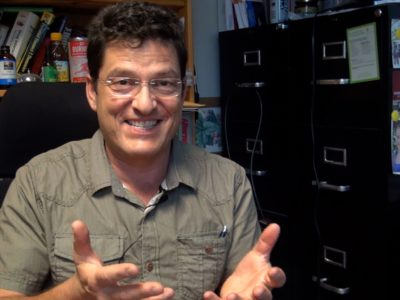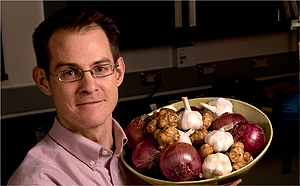This entry is part 1 of 4 in the series International Symposium on Saturated Fats Are national nutrition recommendations that urge Americans to limit saturated fat based on bad science? Yes, says Richard Feinman, SUNY Downstate professor and chairman of the Metabolism Society. Listen to Richard Feinman (15 minutes)
Tag: Hearts
. . . in Health and in Disease
LDL Cholesterol – Ron Krauss MD
by •
One of the world’s leading experts on cholesterol particles is Ron Krauss. In this extended interview, he explains why he believes the very smallest LDL cholesterol particles are the most dangerous ones, and why it’s important to measure them. Listen to Interview with Ron Krauss (28 Minutes) We’ve known for a long time that cholesterol…
Coronary Calcium Scan – Data and Facts
by •
Bill Blanchette, MD: “What I learned has revolutionized my practice to the point that heart attacks are so rare that it’s been years since I’ve had the opportunity to treat a patient with a heart attack.”
Coronary Calcium Scan
by •
Coronary Calcium Scan – high-level test for heart disease risk
Diabetes – Too Much Medicine May Kill You
by •
The surprise death rate has led some U.S. physicians to push an uncommon diet as a way to lower blood sugar.
Restoring the Pancreas – Beta Cell Regeneration
by •
Miriam Vincent, MD, SUNY Downstate, explains why high blood sugars might cause diabetes by killing the beta cells the produce insulin
Nutrition Think Tank – Part 3 – Science of Health
by •
Ron Rosedale is a medical doctor who is one of the world’s leading experts in using nutritional approaches to prevent, and often reverse, chronic health problems such as diabetes, heart disease and obesity.
Nutrition Think Tank – Part 2 – Meet Dr Rosedale
by •
Dr. Ron Rosedale volunteered to lead the 1st Nutrition Think Tank program for free, as a way to reach out to people who want to figure out a way to help not only their own health, but the health of their community.
Nutrition Think Tank – Part 1 – Last Suppers
by •
Pilar and Dequan share the “Last Suppers” they enjoy, of foods they suspect they’ll be giving up for at least a while, as they head into healthier eating.





